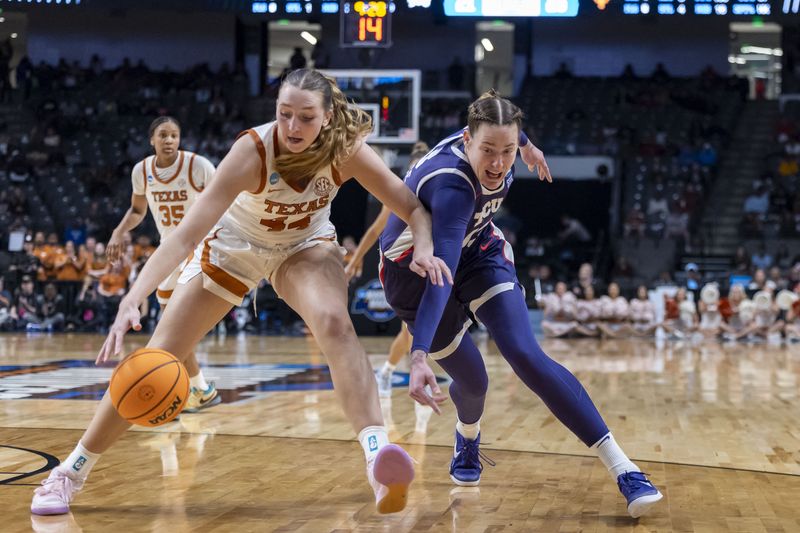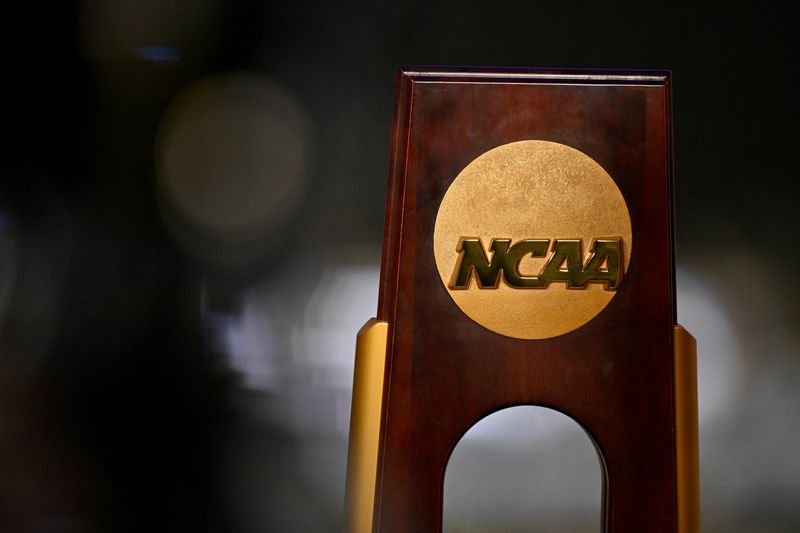The landmark House v. NCAA settlement, which has been stalled for some time, might soon receive approval from U.S. District Judge Claudia Wilken.
The $2.8 billion agreement reshaping the world of collegiate athletics, which includes provisions enabling institutions to distribute up to $20.5 million yearly to their athletes, has faced delays for months due to Judge Wilken’s opposition to rules that could disadvantage present and future student-athletes impacted by proposed caps on team sizes across all NCAA sports.
As reported on Wednesday evening, recent court documents suggest that both parties have concurred on revised wording. This allows Division I athletes who were trimmed because of new team size limits to retain their status under previous rules until they finish playing. The judge aimed for this adaptability when she decided to postpone enforcing the agreement earlier.
For instance, college football programs are functioning under the assumption that there will be a strict limit of 105 players per team this year, while men’s college basketball is adopting a maximum roster size of 15 players. However, coaches overseeing less-funded sports have likewise found themselves needing to manage their player lists due to mandated limitations. Certain athletes currently participating at these institutions—and even some future recruits who committed to attending particular schools—have received notices indicating they must seek out alternative educational settings should they wish to keep playing their respective sports.
As per the reports, the updated stipulations tackle the issues raised by the judge. Among the freshly submitted documents to the court, one contains this statement: “The plaintiffs feel that these modifications to the settlement agreement go beyond the safeguards the court asked for, particularly by guaranteeing that athletes who were set to lose their roster position (or a potential roster slot) during the 2025-2026 academic year won’t face limitations on their rosters throughout their eligible playing years in Division I at any institution.”

Reaching the current stage of House v. NCAA has taken half a decade. Swimmer Grant House from Arizona State at the time, along with Sedona Prince—who was part of Oregon’s women’s basketball team—and several others initiated an antitrust lawsuit against the NCAA in 2020 aimed at tackling concerns related to name, image, and likeness rights.
In late spring, following the upgrade of the legal case to a class action, the NCAA consented to settle the litigation with a payment of $2.75 billion. Nevertheless, this agreement awaits endorsement from Judge Wilken, who presides over the U.S. District Court for the Northern District of California based in Oakland.
She initially addressed this matter in October with an initial assessment, but she recently submitted her decision in written form stating, “Given that the settlement is not equitable for the substantial number of class members who lost their positions due to the prompt execution of the settlement agreement, the Court finds it inappropriate to endorse the settlement as it stands.”
–Field Level Media







